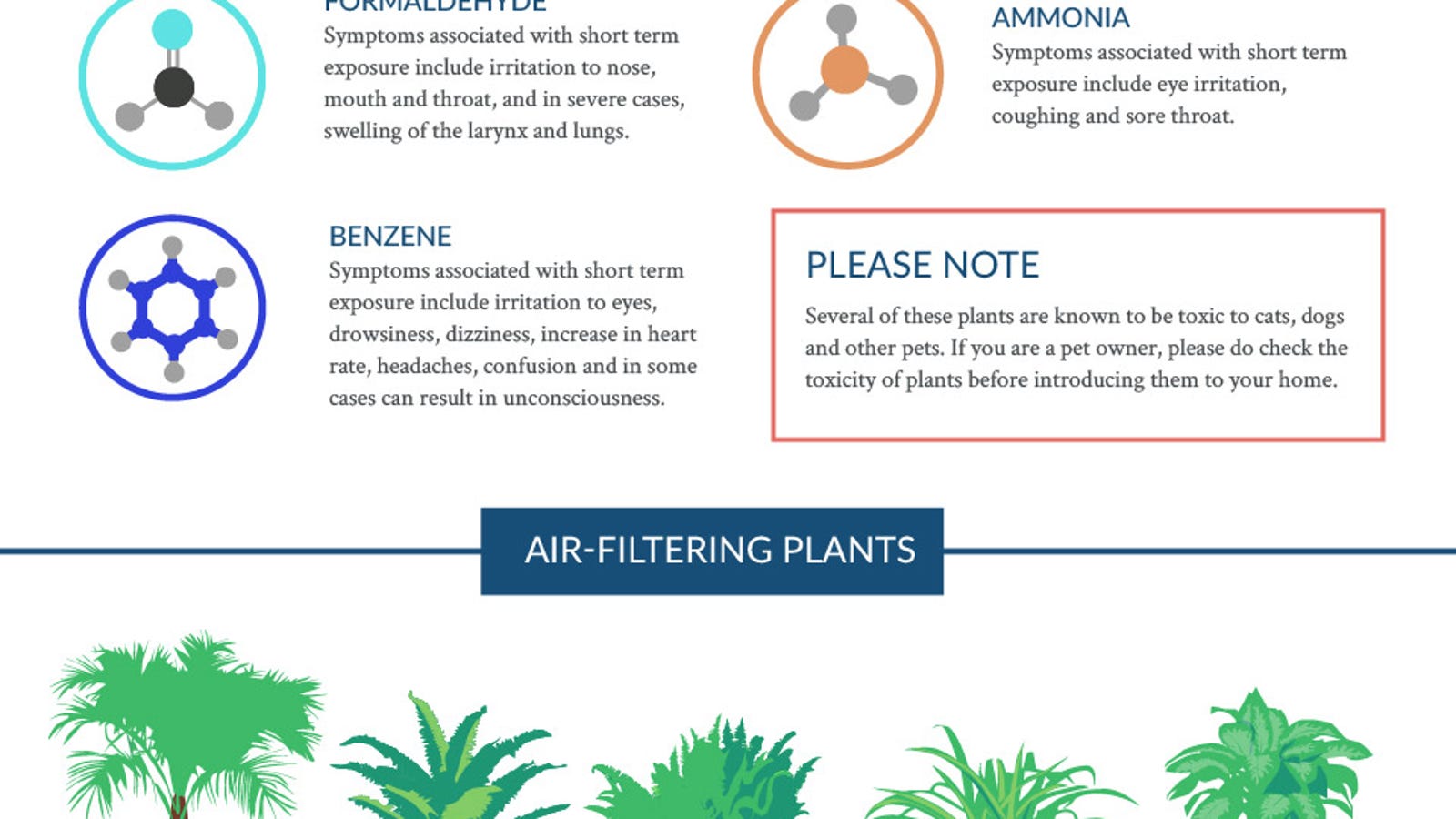Heatpump Vs Heating System - Which Is The Better Home Heating Option For Your Home?
Heatpump Vs Heating System - Which Is The Better Home Heating Option For Your Home?
Blog Article
Material Writer-Austin Sims
Numerous property owners are familiar with heaters, which heat homes with oil or natural gas and press hot air via ductwork. They are relatively inexpensive and can offer trusted heating also throughout a winter season power failure.
Nevertheless, they make use of fossil fuels and produce carbon monoxide gas and other air pollution. They likewise aren't as energy-efficient as a high-efficiency heat pump.
Expense
Usually, heat pumps are extra budget friendly to operate than furnaces. They normally use power and refrigerant to remove warmth from outdoor air, and then move it right into your home. You can capitalize on more affordable electrical power prices during off-peak hours to even more decrease your heating costs.
Unlike heat pumps, gas or wood-burning furnaces use burning to create heat, sending out flue gases into the ambience that can be dangerous to your wellness. These heating systems are also less energy-efficient than heatpump, and their greater operating costs can accumulate in time.
Furnaces are extra complex than heatpump and need routine upkeep to make sure the correct function of all parts. Despite this, they have a tendency to last longer than heat pumps with a normal life-span of two decades or even more. However, you'll need to factor in the cost of gas, fuel oil or wood and the additional equipment required for installation and procedure such as air ducts and ventilation systems.
Power Performance
Heat pumps have a greater power effectiveness ranking than heating systems. These systems make use of power to feed on warm from the air, also in freezing temperatures. They can also eliminate excess warm from the home throughout warmer months and recycle it to cool the system. copyright professionals can help you figure out the very best design for your online on environment and source power expenses.
Heating systems shed fuel oil, propane, gas or various other kinds of nonrenewable fuel source to heat the air in the home. This air is after that distributed with ductwork utilizing a big follower. Heating systems create greenhouse gases and call for normal maintenance and tools upgrades to ensure secure procedure.
visit the up coming site of a heater is that it can be operated even in severe wintertime conditions because it does not count on outside temperatures to warm the air. Furnaces also have a longer life-span than heat pumps and normally last 15 years. They can likewise be coupled with dual fuel options, which choose the most efficient heating alternative based on the climate.
Environment
Heatpump function well in modest climates and use less source energy than heaters. Nevertheless, if your area is extremely chilly, you may need to purchase a basic gas furnace rather.
Heaters provide warm, comfy heat and typically supply fast home heating to increase interior temperature levels. These systems can be made use of with a range of gas types, consisting of natural gas, propane, oil or power.
They consume more energy than heatpump-- as much as 3x as much-- and call for ductwork that's pricey to install or retrofit. They're additionally extra costly to keep, as they can create air top quality issues and create greenhouse gas emissions.
If you're committed to decreasing your carbon impact, a heatpump is a good option for your home. chch mitsubishi have less greenhouse gas emissions than heating systems, particularly if you choose an ENERGY CELEBRITY ® heat pump. Your local copyright professional can explain the differences in between these 2 heating systems and help you make the best choice for your special requirements.
Individual Preferences
Heaters can be very power effective when powered by natural gas, propane or oil, however they aren't as power effective as heat pumps in freezing environments. They can additionally be more costly to set up, calling for gas lines and ventilation systems.
Nevertheless, heating systems tend to require less upkeep, which can result in lower continuous costs. air conditioning service produce less greenhouse gases and are a lot more trusted than heat pumps during severe weather.
Electric heat pumps are a lot more functional in creating indoor comfort since they can additionally work as air conditioning system throughout warmer months. They can be easier to keep, calling for only normal air filter changes and occasional vacuuming.
If you like the ease of a single system that does it all, consider a hybrid home heating solution that pairs a furnace with an electrical heat pump. These systems can immediately switch between the two heating options based upon your home's demands and temperature level problems, optimizing effectiveness and financial savings.